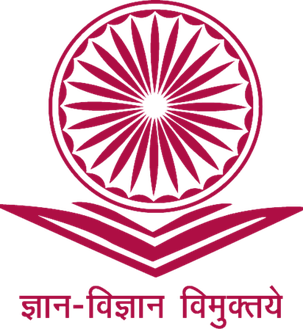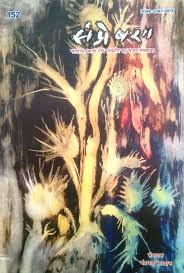ANGARA: INTERROGATING FEMALE IDENTITY AND FORMS OF RESISTANCE IN KUSUM MEGHWAL'S NARRATIVE LANDSCAPE
DOI:
https://doi.org/10.8476/sampreshan.v17i2.304Keywords:
Angara, Kusum Meghwal, female identity, forms of resistance, narrative landscape, storytelling, literary analysis, feminist perspectiveAbstract
This research paper delves into the evocative story "Angara" penned by Kusum Meghwal, Seeking to unravel the intricate tapestry of female identity and the myriad forms of resistance depicted within its narrative. The study employs a comprehensive literary analysis to dissect the nuances of Meghwal's storytelling, exploring the ways in which the characters navigate and challenge societal expectations.
Through a feminist lens, the research scrutinizes the complexities of female identity as portrayed in "Angara," considering the intersections of gender, culture, and socio-economic factors. The paper also delves into the various forms of resistance employed by the female protagonists, shedding light on how they navigate oppressive structures, assert agency, and redefine societal norms.
Furthermore, the analysis contextualizes Meghwal's narrative within the broader socio-cultural landscape, examining the implications of these portrayals for the larger discourse on women's rights, empowerment, and societal transformation. By critically engaging with "Angara," this research contributes to the ongoing dialogue on female identity, resistance, and the transformative potential of literature in shaping perceptions and fostering social change.



